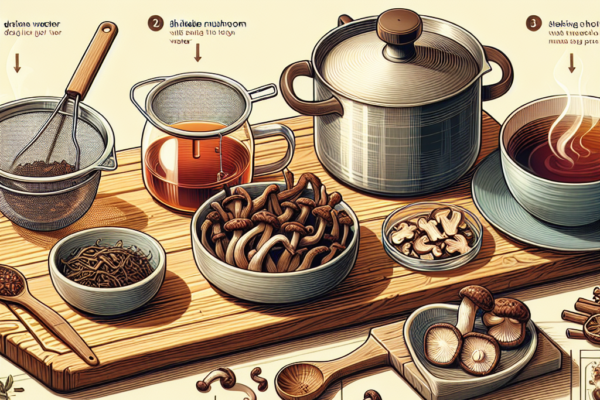Blog
Is Caffeine Free Coffee Good For Acid Reflux?
Morning coffee rituals are part of many people’s morning routine, yet for some it can cause heartburn. Heartburn is an uncomfortable sensation of burning in the chest which occurs when stomach acid flows back up into the esophagus from where it came; this condition is known as gastroesophageal reflux disease or GERD for short. People suffering from GERD are advised to avoid certain foods and beverages – including coffee – that trigger this discomfort.
Caffeine causes adverse stomach reactions because it increases stomach acid production, leading to heartburn and other unpleasant gastrointestinal symptoms. Furthermore, caffeine can weaken lower esophageal sphincter (LES) pressure preventing stomach acid from flowing back up the esophagus into the food pipe.
Researchers have revealed that regular coffee consumption caused gastroesophageal reflux symptoms in some individuals. Decaffeination proved effective at mitigating this effect; other ways include selecting dark roasted beans, drinking it during meals and switching from metal filters to paper filters as well as decreasing cream usage.
Instead of just ditching coffee altogether, people can drink caffeine-free drinks such as turmeric or moringa tea to give themselves an energy boost without irritating their esophagus and other parts of their bodies. Cold brew coffee, made by steeping grounds in room-temperature water for 12-24 hours to extract less acids and oils from coffee grounds thus decreasing acidity of its final cup, may also provide relief.



